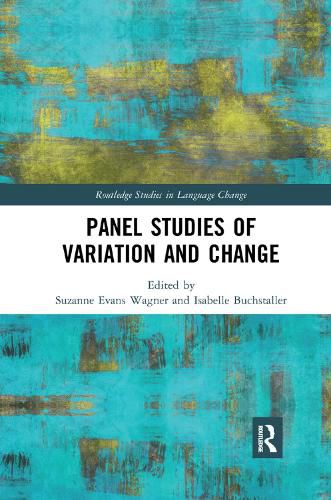Readings Newsletter
Become a Readings Member to make your shopping experience even easier.
Sign in or sign up for free!
You’re not far away from qualifying for FREE standard shipping within Australia
You’ve qualified for FREE standard shipping within Australia
The cart is loading…






The relationship between the individual and the community is at the core of sociolinguistic theorizing. To date, most longitudinal research has been conducted on the basis of trend studies, such as replications of cross-sectional studies, or comparisons between present-day cross-sectional data and ‘legacy’ data. While the past few years have seen an increasing interest in panel research, much of this work has been published in a variety of formats and languages and is thus not easily accessible. This edited volume brings together the major researchers in the field of panel research, highlighting connections and convergences across and between chapters, methods and findings with the aim of initiating a dialogue about best practices and ways forward in sociolinguistic panel studies. By providing, for the first time, a platform for key research on panel data in one coherent edition, this volume aims to shape the agenda in this increasingly vibrant field of research.
$9.00 standard shipping within Australia
FREE standard shipping within Australia for orders over $100.00
Express & International shipping calculated at checkout
The relationship between the individual and the community is at the core of sociolinguistic theorizing. To date, most longitudinal research has been conducted on the basis of trend studies, such as replications of cross-sectional studies, or comparisons between present-day cross-sectional data and ‘legacy’ data. While the past few years have seen an increasing interest in panel research, much of this work has been published in a variety of formats and languages and is thus not easily accessible. This edited volume brings together the major researchers in the field of panel research, highlighting connections and convergences across and between chapters, methods and findings with the aim of initiating a dialogue about best practices and ways forward in sociolinguistic panel studies. By providing, for the first time, a platform for key research on panel data in one coherent edition, this volume aims to shape the agenda in this increasingly vibrant field of research.